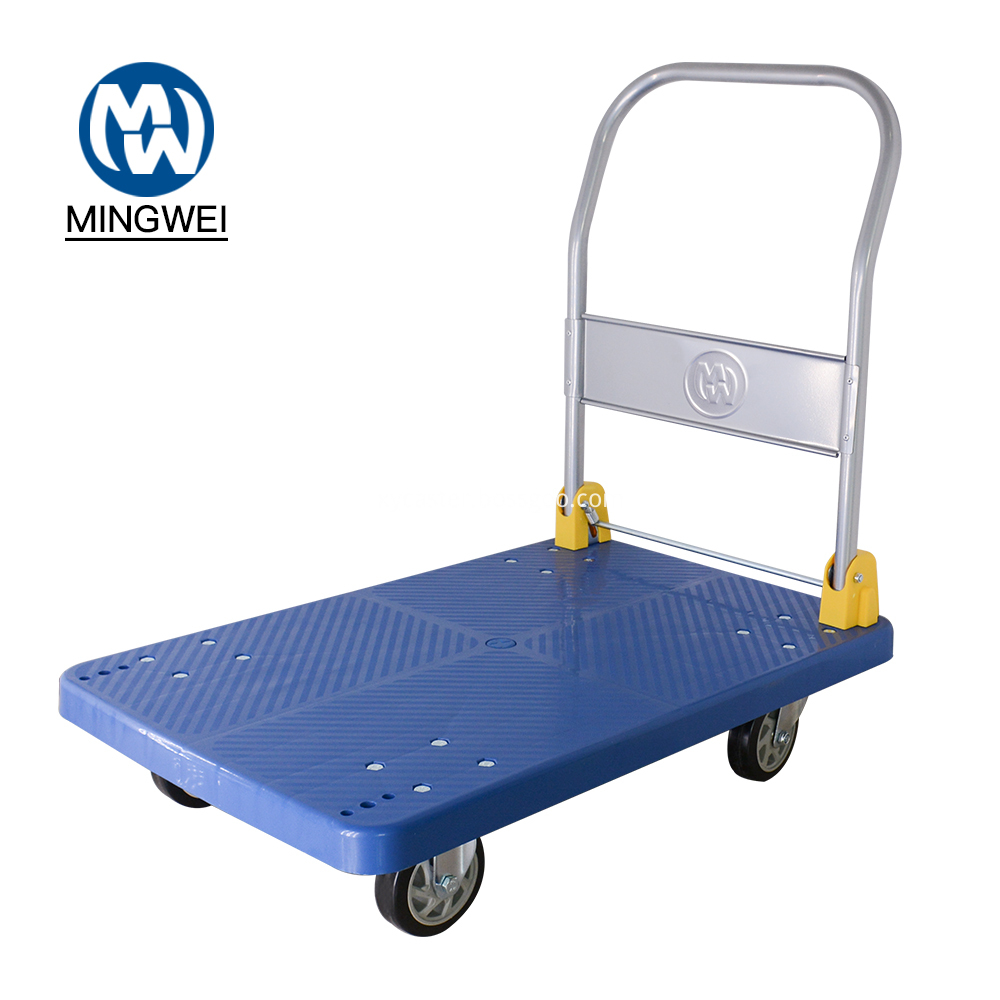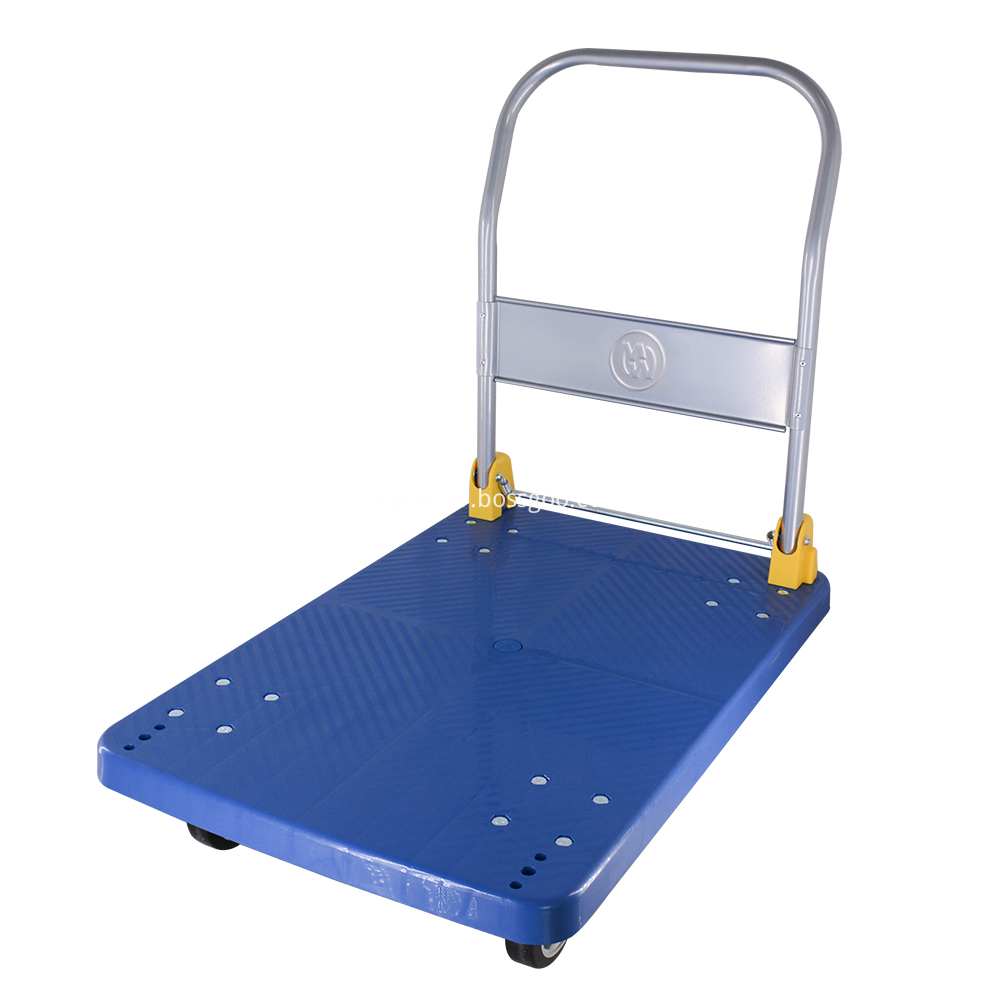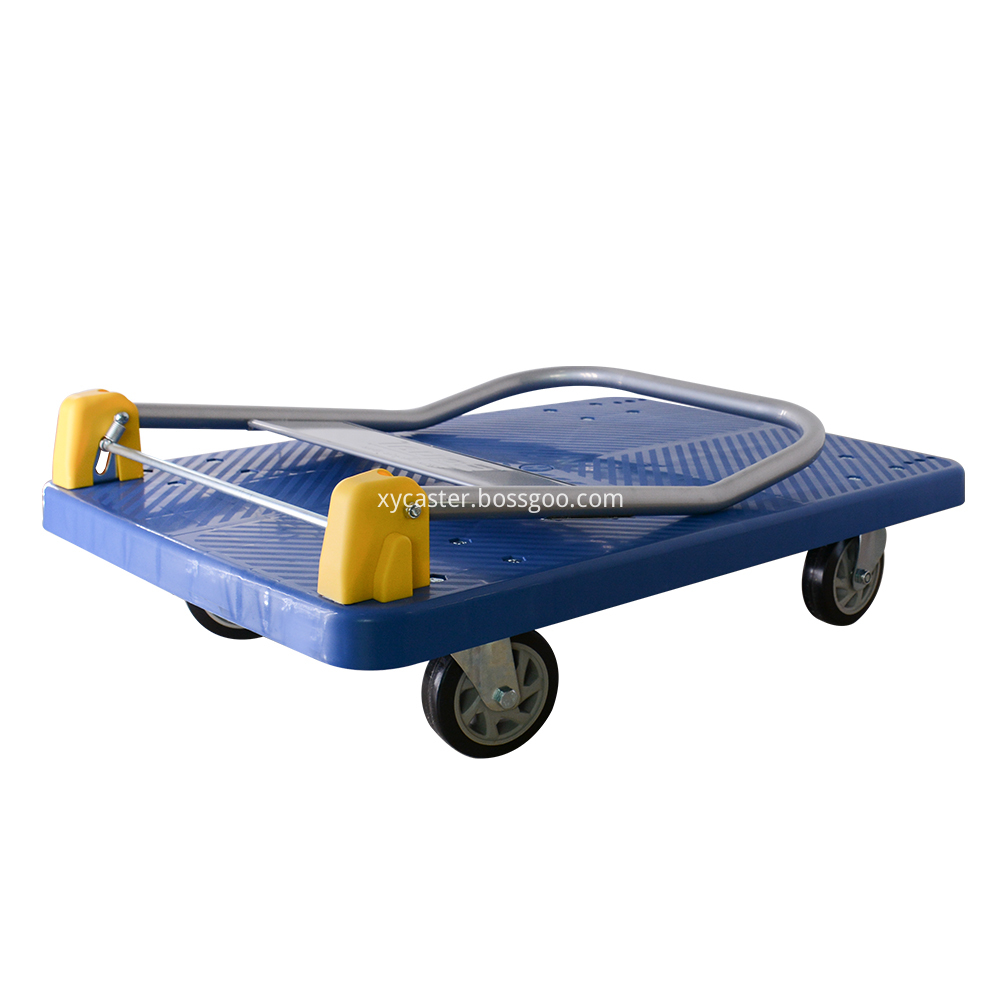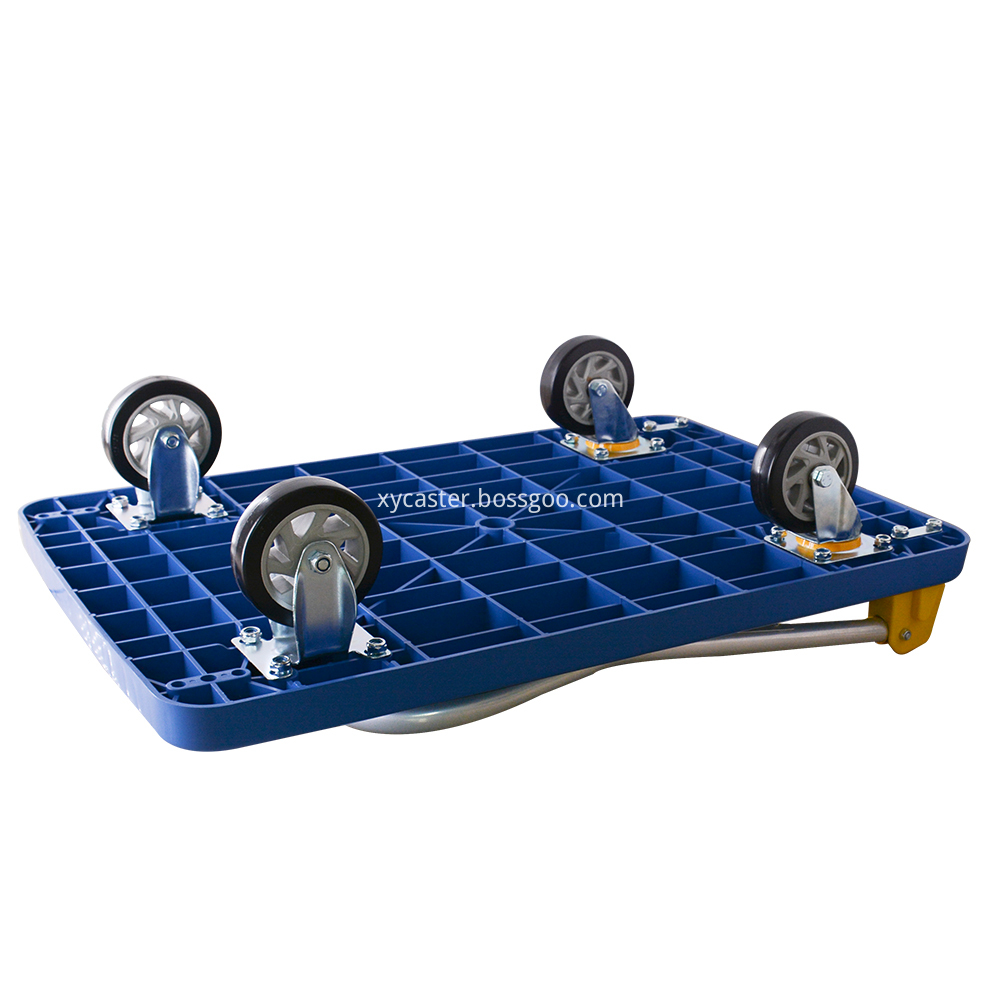Aspect 2: China's machine tool market demand rebounded China's industrial economy bottomed out in January-February 2009, and the growth rate reached double digits as of August. This means that in response to the financial crisis, China's macroeconomic regulation and control policies in energy and transportation, as well as 4 trillion yuan of investment to stimulate domestic demand economic stimulus policies have worked. In this context, in April 2009, China International Machine Tool Show (CIMT) was held in Beijing. At the meeting, a number of super-large processing machines and five-axis machining centers were exhibited, which fully demonstrated the potential of the Chinese machine tool market. In addition, the import of Chinese machine tools has also rebounded: in Japan, for example, in September 2009, Japan exported 66% of its machine tools to China.
Aspect 3: India's machine tool market has great potential India is one of the countries that recovered quickly in the financial crisis. Its automotive industry has a strong demand for machine tools. In just seven or eight years, the total demand for machine tool industry has increased more than ten times. . However, the foreign trade of Indian machine tools has shown an irrational structure with extreme deficits, and its imports are more than four times that of domestic production. As the automobile industry of the country's pillar industries, there are many foreign-funded enterprises. Therefore, the core production equipment has introduced a large number of foreign manufacturing equipment, and the dependence on imported machine tools is very serious. In May 2009, the International Machine Tool Show (IMEX) was held in Mumbai, and the issue at the show reflected that users were most concerned about how to purchase imported machine tools.
Aspect 4: See EMO after six years. EMO (European International Machine Tool Show), one of the four world machine tool exhibitions, was held in Milan, Italy on October 5, 2009. It took up the world. The largest exhibition venue, with an exhibition area of ​​180,000 square meters, has expanded by 40% compared to the previous exhibition. The latest technologies of machine tools and machine tool parts from all over the world were assembled at the exhibition. The polarization of high-end machine tools and applicable machine tools in the world's machine tool industry is becoming increasingly apparent. In 2008, Italy's machine tool output ranked fourth in the world, behind Japan, Germany, China, and Italy is also the world's third largest machine tool exporter after Germany and Japan.
Aspect 5: The world's CNC system manufacturing giants have successively lifted cooperation. The world's CNC system manufacturing giants FANUC (Fanaco) and the US GE (General Electric Company) decided in August 2009 to dissolve the joint venture GE-FANUCAUTOMATION Corporation (GEFANUC Automation Company) ). Founded in 1986, GEFANUC Automation has grown into an industry-leading and high-performance technology company with operations in the energy, water, fast moving consumer, defense and telecommunications industries. In the future, the two sides will concentrate on developing their own distinctive industries. FANUC said that this is based on the best interests of both parties, and the lifting of cooperation will certainly bring greater benefits to both parties. In addition, it is reported that Siemens AG of Germany and Yaskawa Electric Corporation of Japan will also release the NC department jointly established in October 2000. Yaskawa Electric Corporation will withdraw from the NC business.
Aspect 6: European and American machine tool manufacturers fight for survival The financial crisis has a serious impact on European and American machine tool manufacturers. Achi Shamir machine, a brand of Swiss precision lathe manufacturer GF Group, was affected by the sluggish world machine tool market, and the order amount in 2009 was halved. To completely reduce costs, GF Group has concentrated two EDM (Electrical Processing Machine) plants in one factory. Coincidentally, the US machine tool giant Harding maintains its competitiveness, adjusts its product mix, and produces adjustable-configured machine tools, so that product prices can be adjusted from a single price to a range. At the same time, all the self-made parts in the past were changed to outsourcing processing to optimize operating costs.
Aspect 7: Taiwan holds the largest machine tool exhibition in its industry history In March 2009, Taiwan hosted TIMTOS2009 (Taipei International Machine Tool Show), which set up two venues, Taipei International Trade Center and Nangang Exhibition Hall. The exhibition area of ​​TIMTOS has expanded from 2,800 booths to 4,871 booths, and exhibitors have 896 companies. According to the world's machine tool production data published by Gardner Press in the United States, the output value of machine tools in Taiwan in China has surpassed that of South Korea in 2008, ranking sixth from the original ranking. In addition to the large-scale sales of machine tools to the mainland, in 2009, 105 companies from Taiwan traveled to Milan, Italy to participate in the EMO (European International Machine Tool Show) in an attempt to seize the European market.
Aspect 8: Italian government introduces preferential tax policy to encourage equipment investment In late June 2009, the Italian government passed discussions on the investment tax and operating profit of the company's new planning, high-tech machinery and equipment, and formal legislation. The policy is implemented from July 2009 to June 1, 2010 for a period of one year. It is understood that the investment policy for small and medium-sized enterprises that aided a large proportion of Italian machinery manufacturing was implemented in 1994 and 2001, this time for the third time. Encouraging investment in machinery and equipment is a powerful means of revitalizing the country's manufacturing industry, and its effectiveness has proven to be good several times.
Aspect 9: Germany HEXEGON Group Global Machines The world's largest measuring machine manufacturer based in Sweden, Germany HEXEGON (Hexagon) is also extraordinary in the field of visual sensors, has acquired a number of non-multi-sensor companies. In 2009, the company acquired measurement software design companies under the US Wilcox Group, French science and technology companies to improve the development level of its measurement software. Hexagon originally had only one 3D measuring machine manufacturer. In order to realize its global measuring machine industry layout, this year, it acquired the American Bran Sharp, the Italian DEA company, the German Leitz company, the Swiss TESA company, etc. A group of companies with more than a dozen companies.
Aspect 10: US investment in machine tool equipment in 2009 was $17 billion. Gardner Publishing Company of the United States made huge investments in data from 20,000 companies. About 2,000 companies answered the “Question Questionnaire on Equipment Investment in 2009â€. It shows that in 2009, the United States invested about 17 billion US dollars in machine tools and related equipment. Among them, the newly purchased equipment is 11.9 billion US dollars, accounting for 70%; the purchase of used machine tools is 3.6 billion US dollars, accounting for 21%; the purchase of remanufacturing machine tools is 1.5 billion US dollars, accounting for 9%. Incomplete statistics show that the proportion of US machine tools imported from Japan is about 47%. According to the current exchange rate, Japan will export 720 billion yen to the United States.
We use high quality pp composite co-polymer material to make the trolley. It is durable and will not break down easily. And the caster wheel is PVC or rubber. It has great wear-resistance and it is silent when we use it. It will not damage the ground. About the wheel , it is Double ball bearing which requires less effort. Load capacity is 200 kg and 400 kg. You could choose the right size based on your need. Any inquiries, pls contact hobby@xycaster.com. Wechat / Whatsapp is +86-18033305520.





Hand Carts, Platform Trolley, Foldable Platform Trolley
Yangjiang Xingyang Industry & Trade Co.,Ltd. , https://www.xycaster.com